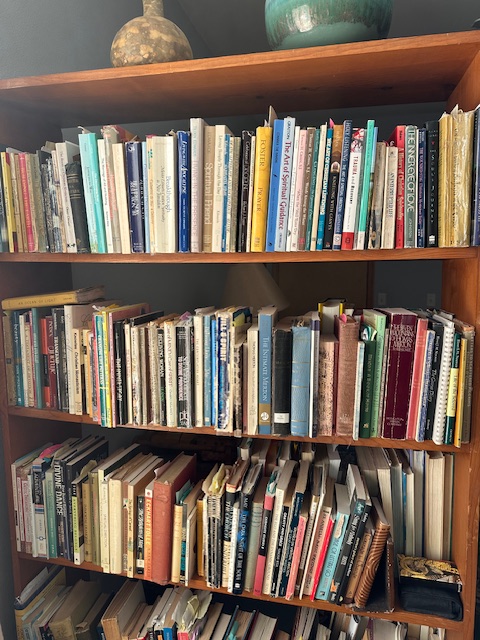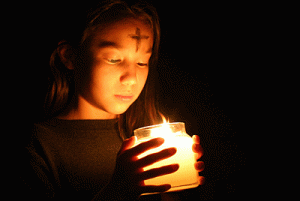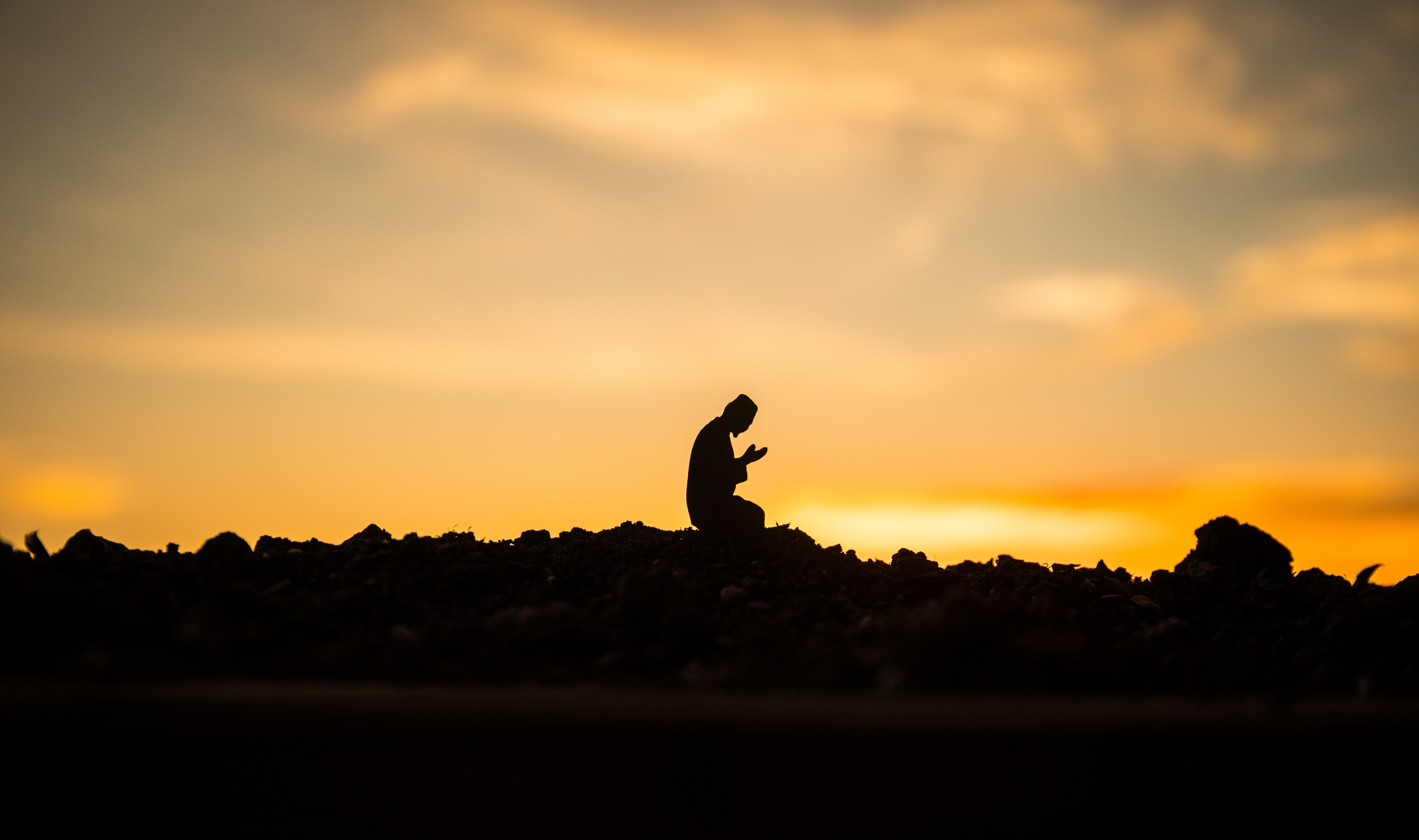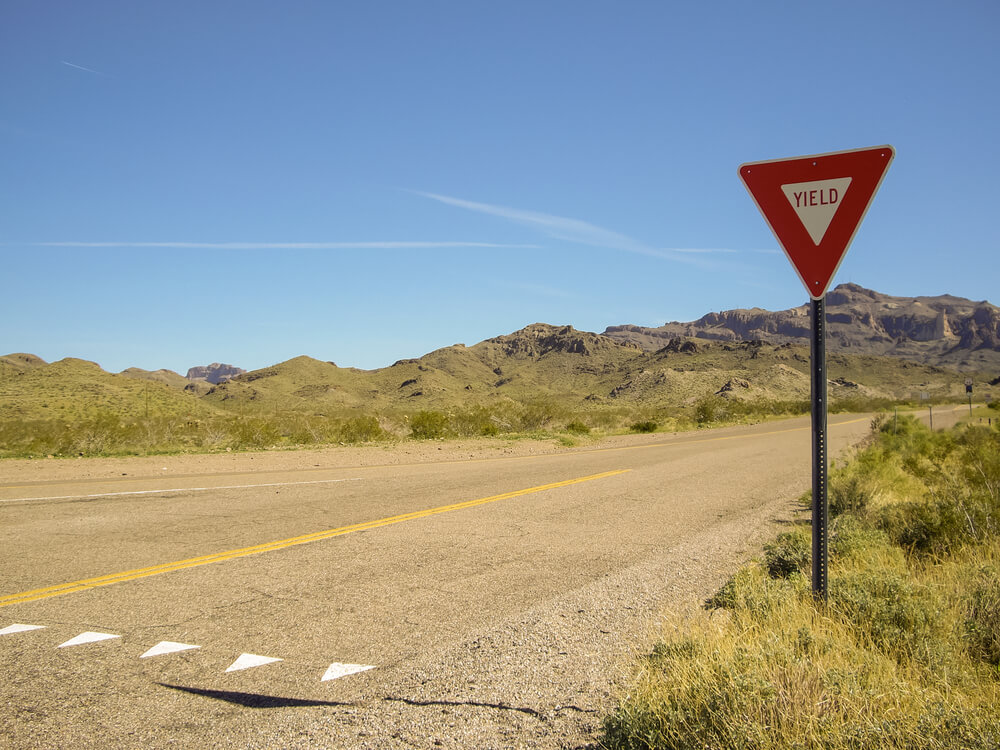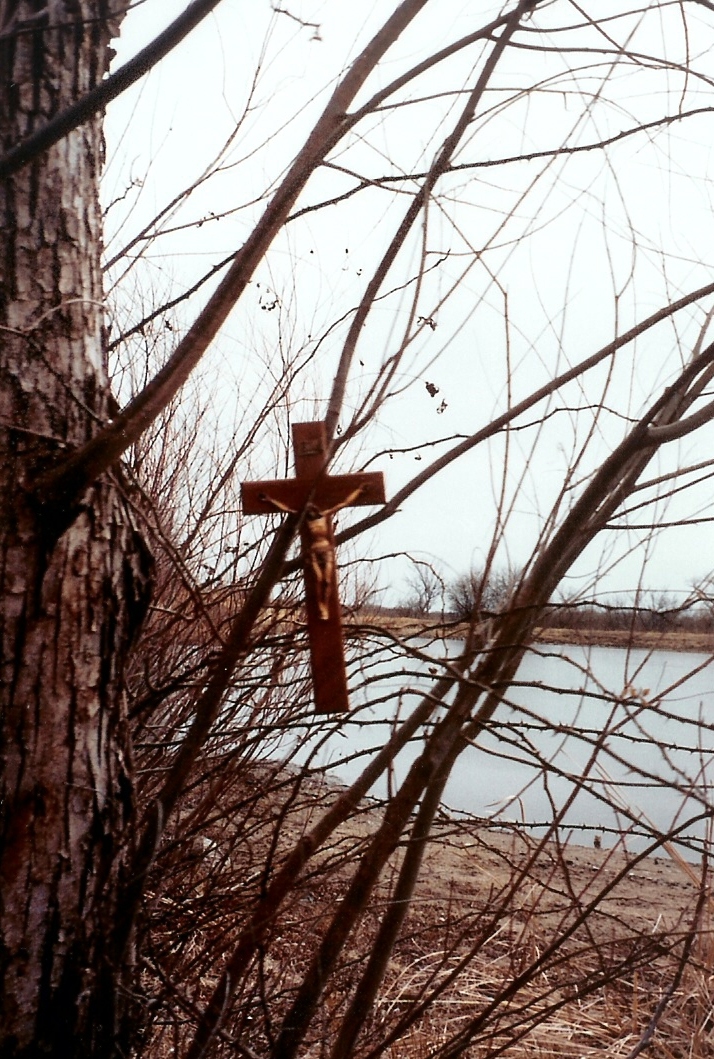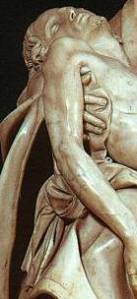“One of you will betray me.” The question hangs in the air.
The followers look at each other. And back at Jesus.
This week, I will share a few voices from that evening as the disciples
ponder this alarming accusation.
SIMON
This is a meal of liberation, and he speaks of a betrayer? What is wrong, my Lord?
Here I am, your Simon. You are the one who bids us to joy and laughter. Such long faces!
This sobriety does not befit the one who gives us mirth and life. Being with you is just so much fun.
Before you, I never knew such exuberance and high spirits. My foot was heavy, weighed down with many cares. Now, I run lightly. I laugh until my sides ache. I no longer worry about what others think of me. You cut loose all the voices within that condemned and taunted me. Fear vanished. Every day is a new adventure. I once thought happiness was a dream known only to children. I hoped only for a good living as I grew old. Now, I have grown younger in your presence, bolder, and full of joy. Sometimes, I just can’t stand so much happiness and weep for its sheer beauty.
But, my Lord, come smile, lift the cup. My brothers, he must be joking.
JAMES, The LESSER
The wind blows through the open window.
Somewhere, an animal screams.
A wolf leaps for the lamb’s throat.
The hawk soars across the moon’s passive face.
So he is betrayed. Will the Earth note it? Care?
Will I, James?
Betrayal is the way of things.
Whoever said the universe is trustworthy?
Thieves and murderers wait by the roadside.
Lovers are unfaithful. Children deceitful.
I should have known it would come to this.
For a few moments, I hoped he could change things,
had begun to believe there was safety in creation.
Yet, look at me, a creature myself.
How many times have I been false?
How many times have I sold out, given up, turned
away in anger, disappointment, or jealousy, and given
those around me to the powers of death,
the beasts and executioners who reside in me?
I am numb.
Oh Christ, don’t let them kill you!
I came with you, believed
staked all I had on you.
Lord, it is I who am betrayed!
PHILIP
He sits there so calmly with his arms outstretched. I hurt to see the pain in his face. His palm is open, accepting. There is no anger, no bitterness, no revenge, no resistance. He is like a lamb going to slaughter. I see only great sorrow.
What kind of man would announce to his betrayer the knowledge of his treachery? He loses all advantage. He may as well open his chest to the knife.
What kind of man is he? How is it that after spending so many days and nights together, he is still somehow a stranger? Despite his commonness and accessibility, he remains mysterious, ineffable.
What am I doing here? How did I get mixed up with these people? I am in over my head. I never thought it would go this far, get this out of hand. Someone is apt to get killed. I want to run back down the roads and valleys, run through the crowds, the villages, along the shores. I want to run back in time and space to where the word betrayer does not hang like a noose over this table.
Is It I, Lord first appeared in 1986 in the Presbyterian Survey.
This liturgical drama was initially commissioned by Westminster Presbyterian Church in Topeka, KS
Copyright 1994 Loretta Ross. All rights reserved.


